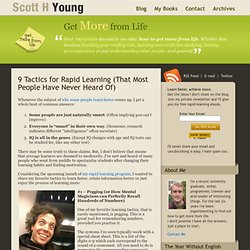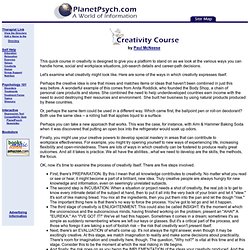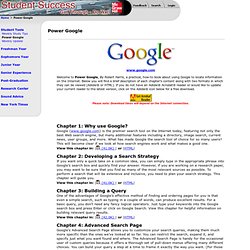

Cornell University Library. 9 Tactics for Rapid Learning. Whenever the subject of why some people learn faster comes up, I get a whole host of common answers: Some people are just naturally smart.

(Often implying you can’t improve)Everyone is “smart” in their own way. (Nonsense, research indicates different “intelligences” often correlate)IQ is all in the genes. (Except IQ changes with age and IQ tests can be studied for, like any other test) There may be some truth to these claims. Considering the upcoming launch of my rapid learning program, I wanted to share my favorite tactics to learn faster, retain information better or just enjoy the process of learning more: #1 – Pegging (or How Mental Magicians can Perfectly Recall Hundreds of Numbers) One of my favorite learning tactics, that is rarely mentioned, is pegging.
The systems I’ve seen typically work with a special cheat sheet. From there, you can translate any series of numbers into a series of letters. Here’s a quick way to separate the rapid learners from the average learners. 10 Open Education Resources You May Not Know About (But Should) 12 Dozen Places To Educate Yourself Online For Free. 100+ Google Tricks That Will Save You Time in School – Eternal Code. [via onlinecolleges.net] With classes, homework, and projects–not to mention your social life–time is truly at a premium for you, so why not latch onto the wide world that Google has to offer?

From super-effective search tricks to Google hacks specifically for education to tricks and tips for using Gmail, Google Docs, and Google Calendar, these tricks will surely save you some precious time. Search Tricks These search tricks can save you time when researching online for your next project or just to find out what time it is across the world, so start using these right away. Convert units. Google Specifically for Education From Google Scholar that returns only results from scholarly literature to learning more about computer science, these Google items will help you at school. A Quick Course in Creativity. By Paul McNeese This quick course in creativity is designed to give you a platform to stand on as we look at the various ways you can handle home, social and workplace situations, job-search details and career-path decisions.

Let's examine what creativity might look like. Here are some of the ways in which creativity expresses itself. Perhaps the creative idea is one that mixes and matches items or ideas that haven't been combined in just this way before. A wonderful example of this comes from Anita Roddick, who founded the Body Shop, a chain of personal care products and stores. Or, perhaps the same item could be used in a different way. Perhaps you can take a new approach that works. Finally, you might use your creative powers to develop special mastery in areas that can contribute to workplace effectiveness. OK, now it's time to examine the process of creativity itself. First, there's PREPARATION. Now let's look at the ten keys to creativity. 1. 2. 3.
Academic Video Lectures. Bottomline Publications. Free Online Computer Science and Programming Books, Textbooks, and Lecture Notes. Free online speed reading software. Lets compile a list of the best online learning centers. We could all use a little education. List of countries of the world in alphabetical order. Educational Videos for Teaching Media Literacy and Media Studies, featuring Sut Jhally, Jean Kilbourne, Jackson Katz & more.
Mono Atomic Gold -Think Twice. Power Google. Www.google.com Welcome to Power Google, By Robert Harris, a practical, how-to book about using Google to locate information on the Internet.

Below you will find a brief description of each chapter’s content along with two formats in which they can be viewed (Adobe® or HTML). If you do not have an Adobe® Acrobat® reader or would like to update your current reader to the latest version, click on the Adobe® icon below for a free download. Please note: Download times will depend on the Internet connection. Chapter 1: Why use Google? (41.0K) | or |HTML| Chapter 2: Developing a Search StrategyIf you want only a quick take on a common idea, you can simply type in the appropriate phrase into Google’s search box and quickly find your answer. . (41.0K) | or |HTML| Chapter 3: Building a QueryOne of the advantages of Google’s effective method of finding and ordering pages for you is that even a simple search, such as typing in a couple of words, can produce excellent results. SO MUCH TO TELL YOU: the 100 club.
Study Guides and Strategies. The Why Files. Udacity - Educating the 21st Century. WordNet Search - 3.1.